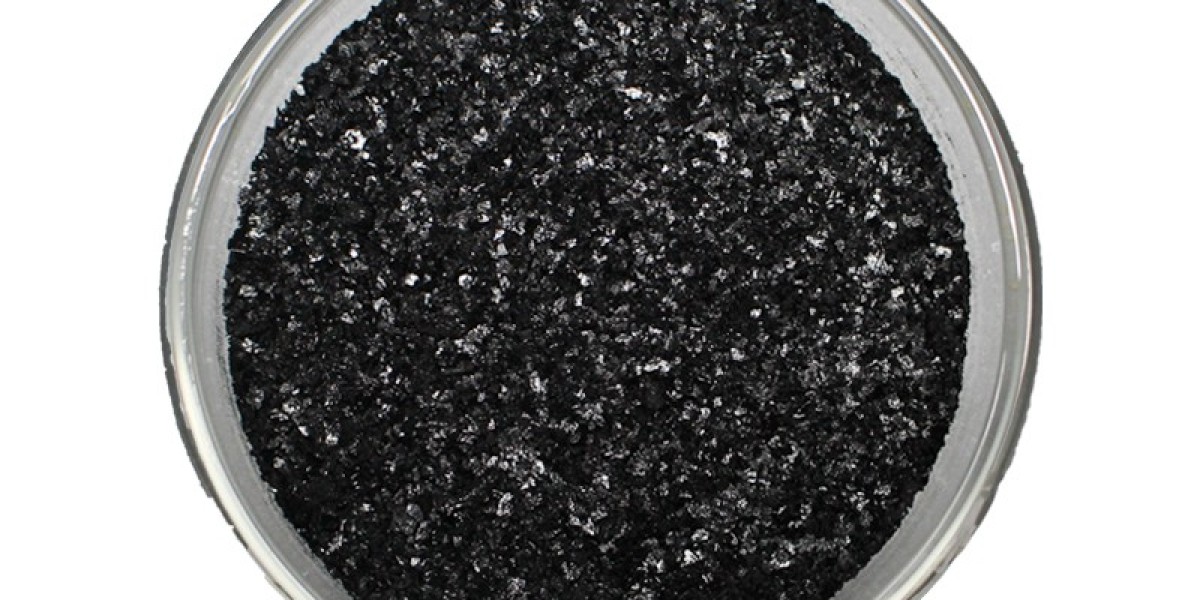Enhancing Soil Structure with Soil Conditioners
Soil conditioners play a crucial role in improving soil structure. By increasing the aggregation of soil particles, they create a more aerated environment that encourages root growth. Healthy roots are essential for nutrient uptake, which directly correlates to crop yield. Moreover, improved soil structure helps retain moisture, reducing the need for frequent irrigation. This is particularly beneficial in regions facing water scarcity. Farmers who incorporate soil conditioners into their agricultural practices often report a noticeable difference in crop performance, underscoring the importance of these products in modern farming.
Nutrient Availability and Soil Conditioners
Another significant advantage of using soil conditioners is their ability to enhance nutrient availability. These products often contain organic matter that increases the soil's cation exchange capacity (CEC). A higher CEC means that soil can hold more nutrients, making them accessible to plants. Additionally, soil conditioners can help to neutralize soil pH, optimizing conditions for nutrient absorption. As a result, crops receive the essential elements they need to thrive, leading to higher yields. Farmers are increasingly recognizing that investing in soil conditioners is a strategic move towards sustainable agriculture and improved profitability.
Reducing Soil Erosion and Enhancing Fertility
Soil erosion is a significant challenge in agriculture, often leading to reduced crop yields. Soil conditioners can help mitigate this issue by binding soil particles together, creating a more stable surface that resists erosion. Furthermore, these products can enhance soil fertility through the introduction of beneficial microorganisms. These microorganisms play a vital role in breaking down organic matter, releasing nutrients back into the soil. By improving both the physical and biological properties of the soil, conditioners contribute to a more resilient agricultural system that can withstand environmental stressors.
The Economic Benefits of Soil Conditioners
The economic implications of using soil conditioners are profound. Higher crop yields directly translate to increased revenue for farmers. Additionally, the improved efficiency of nutrient and water use can lead to lower input costs. As farmers face rising expenses, the cost-effectiveness of soil conditioners becomes increasingly attractive. By investing in these products, farmers not only enhance their crop yields but also secure their financial future in an unpredictable market. The long-term benefits of soil conditioners extend beyond the farm, contributing to global food security and sustainable agricultural practices.
Conclusion
In conclusion, soil conditioners are a vital tool for farmers looking to improve crop yields. By enhancing soil structure, increasing nutrient availability, reducing erosion, and providing economic benefits, these products offer a comprehensive solution to some of the most pressing challenges in agriculture today. As the agricultural landscape continues to evolve, the adoption of soil conditioners will be crucial for achieving sustainable growth and maximizing productivity.








